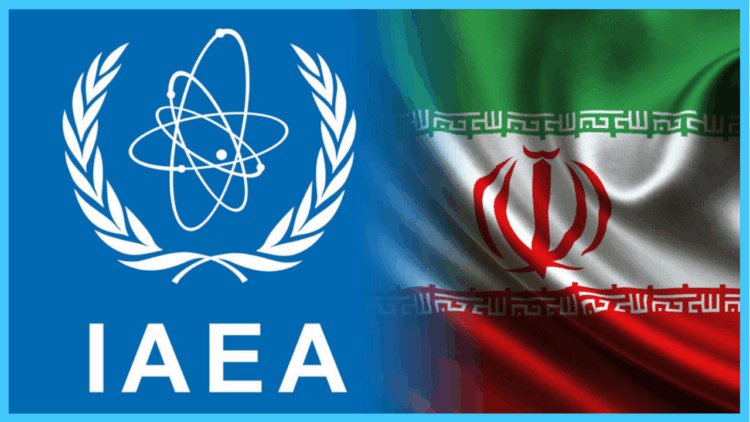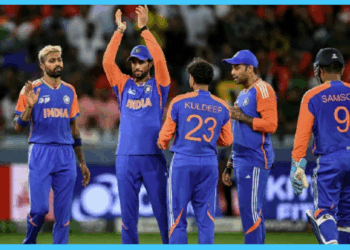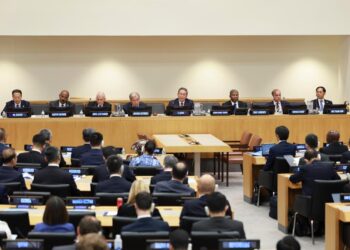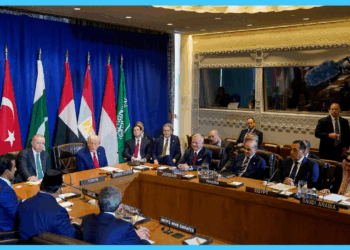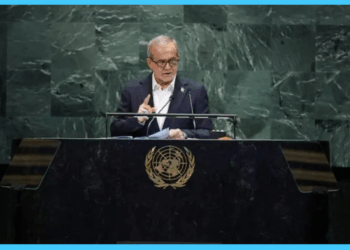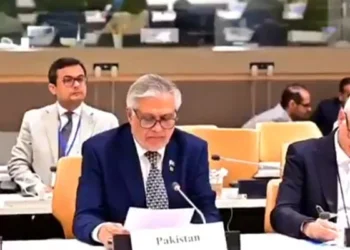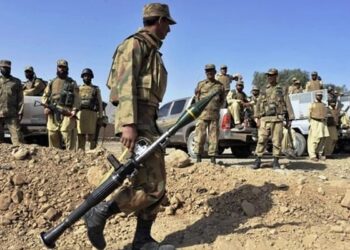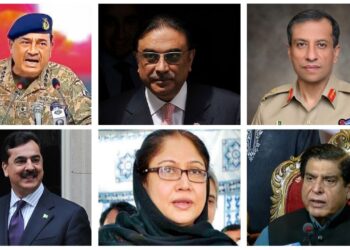TEHRAN; Iran’s Supreme National Security Council announced that it has suspended nuclear cooperation with the International Atomic Energy Agency (IAEA) following actions taken by Western European nations against the country.
The announcement came a day after the UN Security Council voted to reimpose sanctions on Iran, using the “snapback” mechanism of the 2015 nuclear agreement. The mechanism was triggered last month by Britain, France, and Germany (E3).
“The reckless actions of these three European countries regarding the Iranian nuclear issue have effectively halted cooperation with the Agency,” the council said in a statement carried by state news agency IRNA.
Iran accused the European powers of ignoring its cooperation with the IAEA and its proposed solutions to address outstanding concerns. Earlier this month, Tehran and the IAEA had reached a deal allowing the agency to resume inspections of Iran’s nuclear facilities, which had been suspended after Israel and later the US carried out attacks on Iranian nuclear sites, alleging that Tehran was seeking nuclear weapons—claims consistently denied by Iran.
Iran initially agreed to limit its nuclear activities under the 2015 Joint Comprehensive Plan of Action (JCPOA) in exchange for sanctions relief. The deal, however, largely collapsed after the US unilaterally withdrew in 2018 under then-President Donald Trump.
On August 28, the E3 formally activated the JCPOA’s 30-day snapback mechanism, designed to reinstate suspended sanctions. Friday’s UNSC vote confirmed that the sanctions will come back into force on September 28.
At the UNSC session, Russia’s envoy Vassily Nebenzia rejected the move, saying Moscow does not recognize the decision. He accused the European trio of “chronic” violations of their JCPOA commitments and of bypassing the dispute resolution mechanism. “From our perspective, no snapback has occurred,” Nebenzia said, adding that Russia rejects both the current decision and any future measures taken under it.








